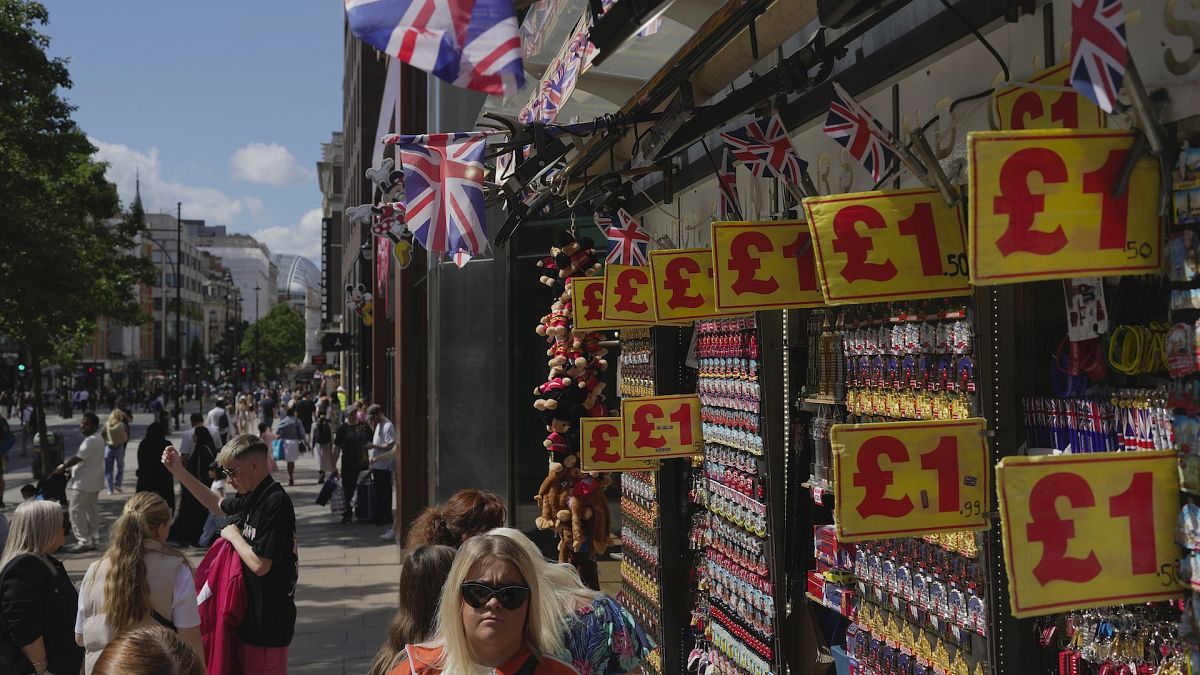The UK economy grew at a faster pace than initially estimated, in the first three months of 2024, as the country emerged from recession, revised official figures show.
The Office for National Statistics (ONS) in a statement released today confirmed that between January and March, the UK’s Gross Domestic Product (GDP) expanded by 0.7% higher than the 0.6% initial estimate.
It means that the UK economy bounced back even stronger than first expected from a recession at the end of 2023, when the economy contracted by 0.1% in the third quarter and 0.3% in the fourth quarter.
The original figure for the first quarter of the year was stronger than economists had expected, and growth in the services sector, which includes businesses such as hairdressers, banks, and hospitality, helped to push it higher, the ONS said.
But while services growth was revised upwards, increases in manufacturing were revised down on the back of more data being collected.
Paul Dales, chief UK economist at the research company Capital Economics, as reported by the BBC said that that faster growth rise in GDP in early 2024 was “mainly due to upward revisions to consumer spending”.
The ONS said that there was increased spending on recreation and culture, as well as on housing and food, and added that household disposable incomes had continued to rise in early 2024 as workers secured wage increases.
Mr Dales said this meant household saving rates rose from 10.2% at the end of last year to 11.1%, which was the highest rate since mid 2021 when savings were boosted during the Covid pandemic.
He added that the new figure suggested “whoever is Prime Minister this time next week may benefit from the economic recovery being a bit stronger”.
Interest rates are currently at their highest for 16 years at 5.25%, meaning people are paying more to borrow money for things such as mortgages and loans, although savers have also received better returns.
The latest figures on the economy show it failed to grow in April after particularly wet weather put off shoppers and slowed down construction.
The Bank of England, which sets interest rates, has opened the door to a potential rate cut in August in what would be the first drop in borrowing costs for more than four years.
The strength of the economy has been a central battleground in the UK general election campaign, with growth having been sluggish in recent years.
Most businesses, economists and politicians want to see a steady rise in GDP because it usually means consumers are spending more, extra jobs are created, more tax is paid to the government and workers get better pay increases.

